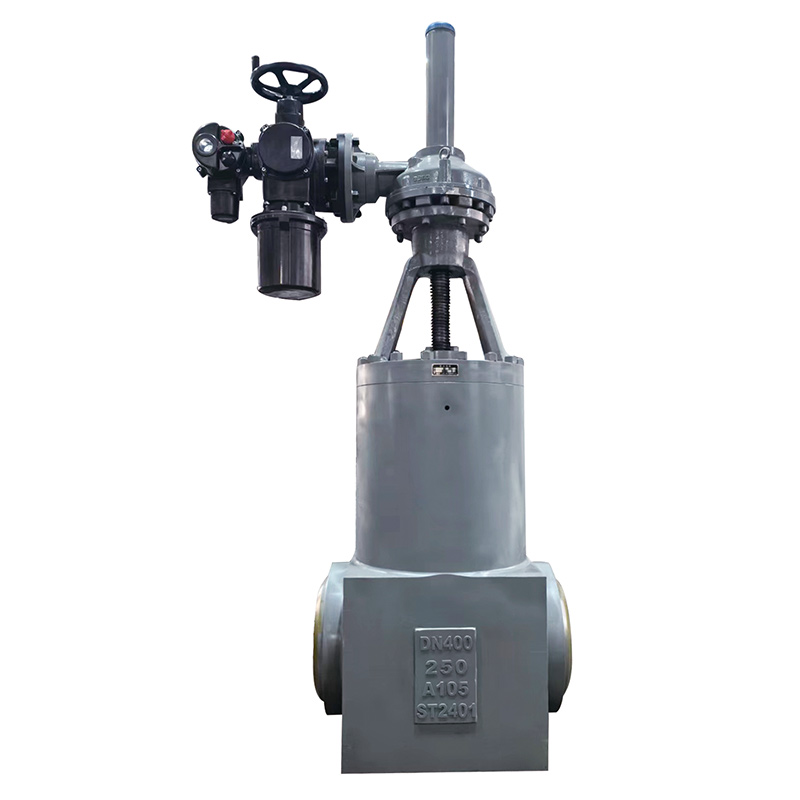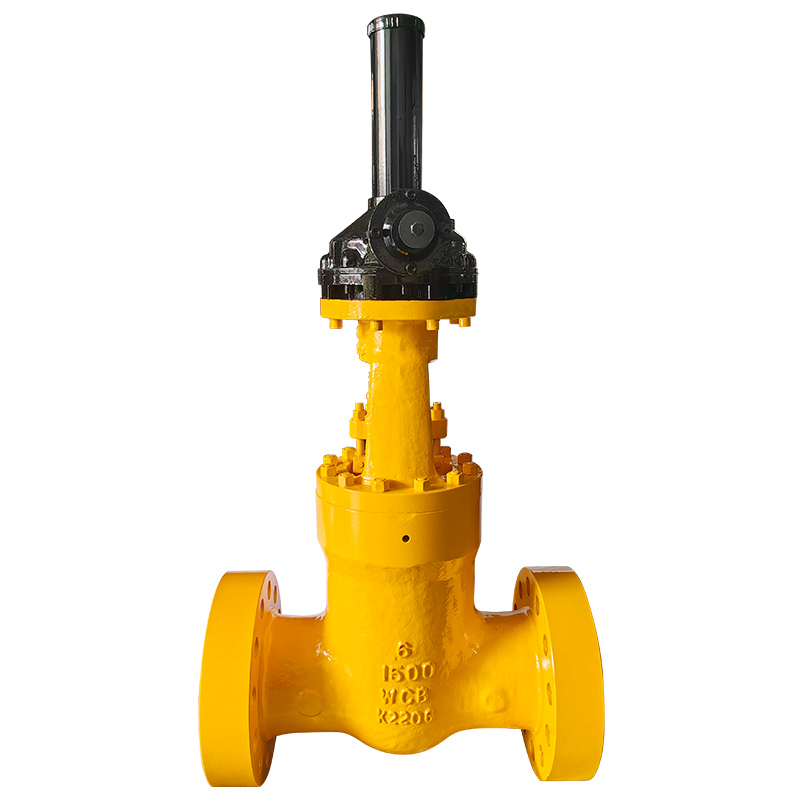
Power plants are vital for generating electricity, and valves ensure their operations run smoothly. These essential components control a power station's flow of liquids, gases, or steam. Valves are integral to maintaining protection, performance, and balance in power generation structures.
Valve control is necessary to control a power plant's complex community of structures. They help alter stress, direct flow, and maintain operational stability. Furthermore, valves shield gadgets from damage caused by fluctuations in pressure or temperature, ensuring the plant's success.
Power station valves are specialized devices engineered to satisfy the precise desires of high-pressure valve for power plants. They cover the waft of steam, water, and gases under excessive stress and temperature. Their reliability is critical to ensuring the plant operates safely and efficaciously.
These thermalpower plant valves are significant in power plants because they prevent leaks, adjust media flow, and maintain stable operations. With their robust design and high overall performance functions, they are vital for retaining the protection and efficiency of power stations.

The API power station valve, also known as a power plant-specific valve, is one of the most common valves utilized in power stations. It is designed for slicing off or connecting pipeline media in thermal power plants and is appropriate for managing non-corrosive media such as steam and water.
One of the key characteristics of the API power station valve is its potential to address excessive temperatures and high pressures. Its unique self-sealing design ensures a reliable seal underneath excessive-strain situations. These valves are preferred for their durability and performance in thermal power plant systems.
The critical unfastened forging power station gate valve is any other vital valve utilized in a power plant. Like the API valve, it's designed to control or stop the steam or water flow in thermal power plant structures. This valve uses a free forging technique, giving it power and sturdiness.
This valve is mainly designed for excessive-pressure and high-temperature packages. Its self-sealing mechanism guarantees a leak-proof performance, even under excessive conditions. The sturdy layout and reliable functionality make this valve a relied-on preference inside the power technology enterprise.
The self-sealing power station gate valve is a reasonably efficient valve generally determined in a power plant. Its standout characteristic is its self-sealing mechanism, which enhances performance and reliability in intense situations.
This valve reduces or connects pipeline media like water and steam. It is engineered to address high-strain environments, ensuring no leaks or operational disruptions. The design makes a specialty of durability, safety, and efficiency, making it a fantastic choice for a thermal power plant.
Power plant steam valves are made using incredible substances to resist intense conditions.
Carbon Steel: Known for its power and potential to deal with excessive strain and temperature.
Stainless Steel: Resistant to corrosion and suitable for high-temperature programs.
Alloy Steel: Offers advanced durability and performance in traumatic environments.
Self-Sealing Mechanism: Enhances protection by stopping leaks.
High-Pressure Sealing: Ensures dependable performance beneath intense conditions.
Robust Construction: Made to final even within the most challenging environments.
These substances and designs ensure that power station valves can withstand the rigorous demands of the power age.
Industrial valve for energy systems are necessary for diverse operations in power plants. They are extensively used in boiler systems to alter the float of steam and keep pressure for power technology. Cooling systems rely upon valves to govern the drift of cooling water, ensuring equipment does not overheat. In turbine systems, valves are vital for dealing with steam strain to optimize performance. Additionally, safety systems use valves to release excess stress and save you from device disasters.
Each type of valve is cautiously chosen to fulfill precise operational needs. Their manipulation ensures the plant runs effectively and safely, minimizing the danger of injuries or device harm.

Selecting a power plant's proper self-sealing power station valve ensures top-quality overall performance. First, it's crucial to understand the form of media the valve will manage, such as steam, water, or gas. The valve should also meet the utility's specified stress and temperature rankings.
Another key aspect is the valve's fabric compatibility. Choosing materials that withstand corrosion and wear ensures the valve performs reliably over time. Certification is similarly essential; valves that meet industry standards, including API or GB, guarantee first-class protection.
Additionally, the valve's layout needs to be considered. Valves with self-sealing mechanisms and excessive-strain sealing are more dependable and green. Power plants can select valves that meet their operational requirements by evaluating those factors.
Regarding excellent power generation pipeline valves, Shangtie Valve Technology Co. It is a leading producer. The enterprise focuses on designing, manufacturing, and selling a wide range of valves tailored to the needs of power plants.
Shangtie Valve Technology Co. offers gate valves, globe valves, test valves, ball valves, butterfly valves, and more. Its valves are licensed to satisfy American and GB requirements, ensuring exquisite quality and reliability. Shangtie Valve has become a trusted name in the enterprise, focusing on innovation and patron pleasure.
Choosing the correct and durable valve for power plant operations, maintaining it regularly, and knowing how its packages work can enhance a power station's overall performance and protection. Trusted manufacturers like Shangtie Valve Technology Co. Provide valves that meet industry standards and provide reliable performance.


